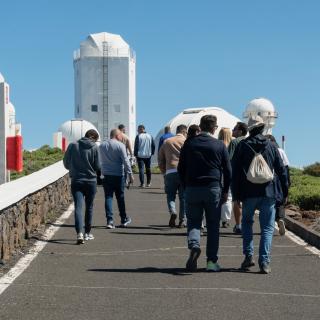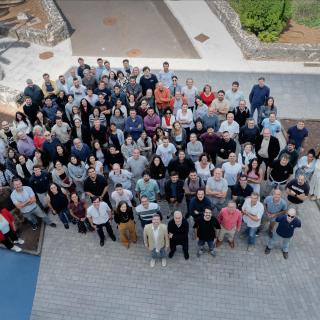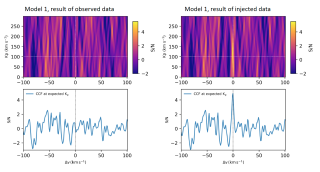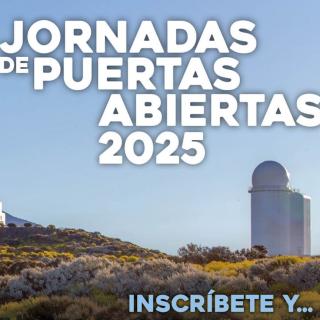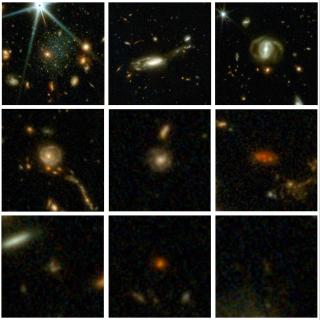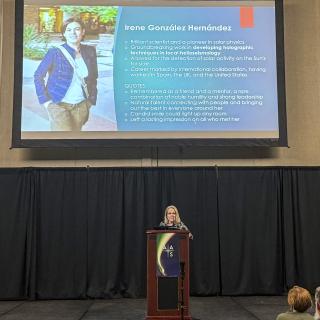
The award, instituted in honour of Canary Island scientist Irene González Hernández, recognises excellence in solar research and scientific leadership. The Instituto de Astrofísica de Canarias (IAC) celebrates the awarding of the inaugural Irene González Hernández prize to Dr. Holly R. Gilbert, director of the High Altitude Observatory (HAO) of the National Center for Atmospheric Research (NCAR) of the US National Science Foundation. The award was presented at the 56th meeting of the Solar Physics Division (SPD) of the American Astronomical Society (AAS), held jointly with the AAS and the
Advertised on
